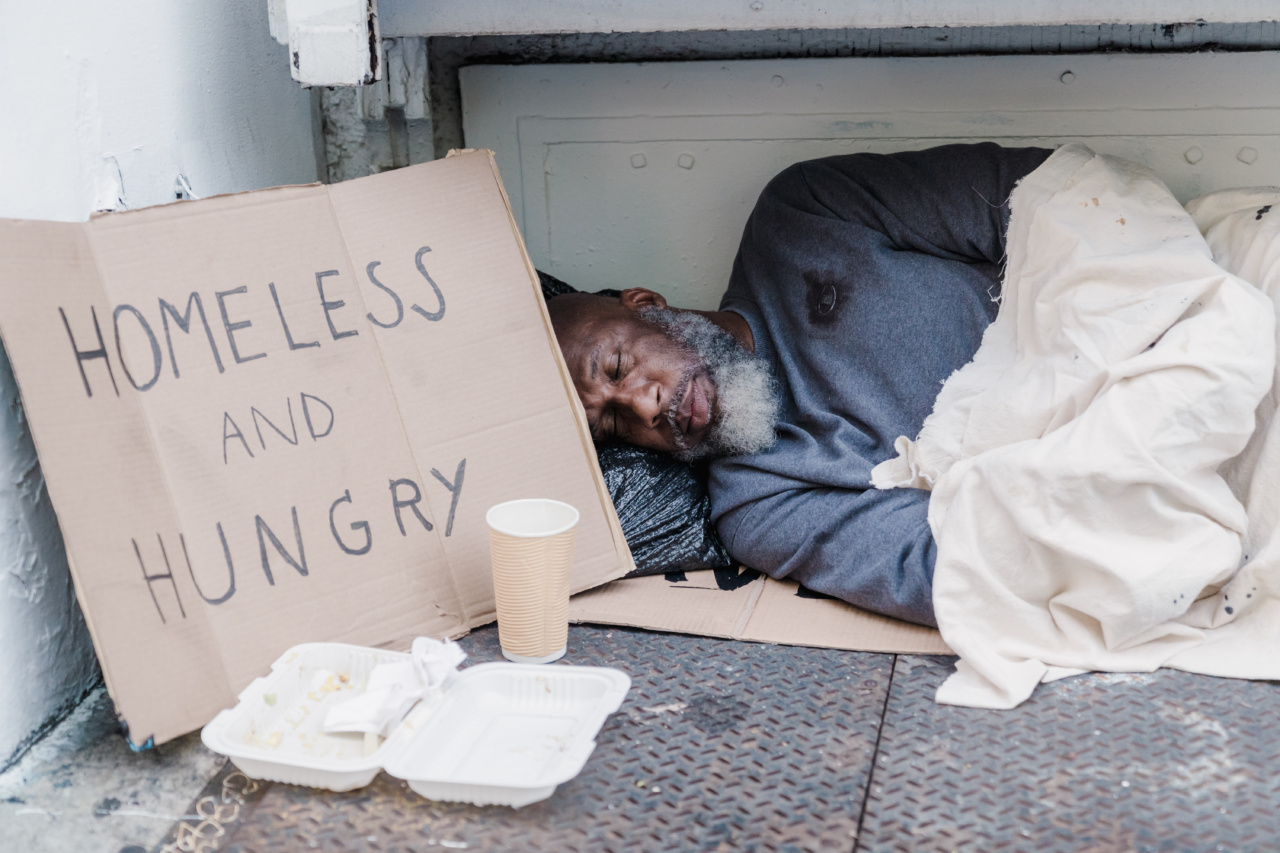Sleeping is an essential part of human life. The average person spends around one-third of their lifetime sleeping. While sleeping, the body performs a range of functions that help to keep us healthy and functioning optimally.
However, not getting enough rest or having poor sleeping habits can lead to various health problems, including premature aging. In this article, we’ll explore the aging effects of sleeping wrong.
How Sleep Affects Skin Aging
Skin aging is a natural process that affects everyone. As we age, our skin becomes less elastic, and wrinkles may start to appear. However, sleeping habits can also contribute to the aging process.
Sleeping in certain positions can lead to wrinkles, particularly on the face and chest. Repeatedly pressing the skin against a pillow or mattress in the same position can cause sleep lines to form. Over time, these lines can become wrinkles and, in severe cases, can permanently impact the appearance of a person’s face.
How Sleep Affects Eye Aging
Dark circles and bags under the eyes are a common problem that many people face. Lack of sleep or poor sleeping habits can contribute to these issues.
Sleep deprivation can lead to the development of dark circles and bags under the eyes as the skin becomes thinner and loses its elasticity. Additionally, sleeping on your stomach with your face pressed against the pillow can cause puffiness around the eyes and lead to premature wrinkles.
How Sleep Affects Hair Aging
While most people associate hair problems with aging, sleep can also have an impact on the health of your hair. Poor sleeping habits, including not getting enough sleep or sleeping with your hair tied up, can lead to hair breakage and split ends.
Hair needs rest and relaxation just like the rest of your body. During sleep, your body rebuilds and repairs, and your hair follicles receive the nutrients they need. Inadequate sleep can lead to hair dryness, dandruff, and hair loss over time.
How Sleep Affects Cognitive Aging
Getting adequate sleep is essential for maintaining cognitive function and preventing age-related cognitive decline. During sleep, your brain consolidates memories, and your body flushes out toxins and waste products that can accumulate in the brain.
Sleep deprivation can contribute to cognitive decline, including problems with memory, attention, and other executive functions.
How Sleep Affects Physical Aging
Chronic sleep deprivation and poor sleep habits have been linked to various physical health problems, including premature aging.
Poor sleep quality can contribute to chronic inflammation, which has been linked to numerous age-related diseases, including diabetes, heart disease, and Alzheimer’s disease. Additionally, poor sleep can weaken the immune system, leading to increased susceptibility to illness and disease. Over time, these factors can contribute to the physical aging process.
How to Improve Sleep Quality
Improving sleep quality can help to prevent premature aging and promote overall health and wellbeing. Here are some tips to improve your sleep quality:.
- Develop a regular sleep schedule and stick to it as much as possible
- Avoid caffeine and other stimulants in the late afternoon and evening
- Create a relaxing sleep environment, including a comfortable bed, cool room temperature, and minimal noise and light
- Avoid technology in the bedroom, including TVs, smartphones, and tablets
- Engage in relaxation techniques before bed, including reading, taking a warm bath, or practicing meditation
The Bottom Line
Sleep is critical for maintaining physical and mental health and preventing premature aging. Poor sleep habits can contribute to the aging process in various ways, including skin aging, eye aging, hair aging, cognitive aging, and physical aging.
However, by improving sleep quality through better sleep habits, it’s possible to slow this aging process and promote optimal health and wellbeing.






























